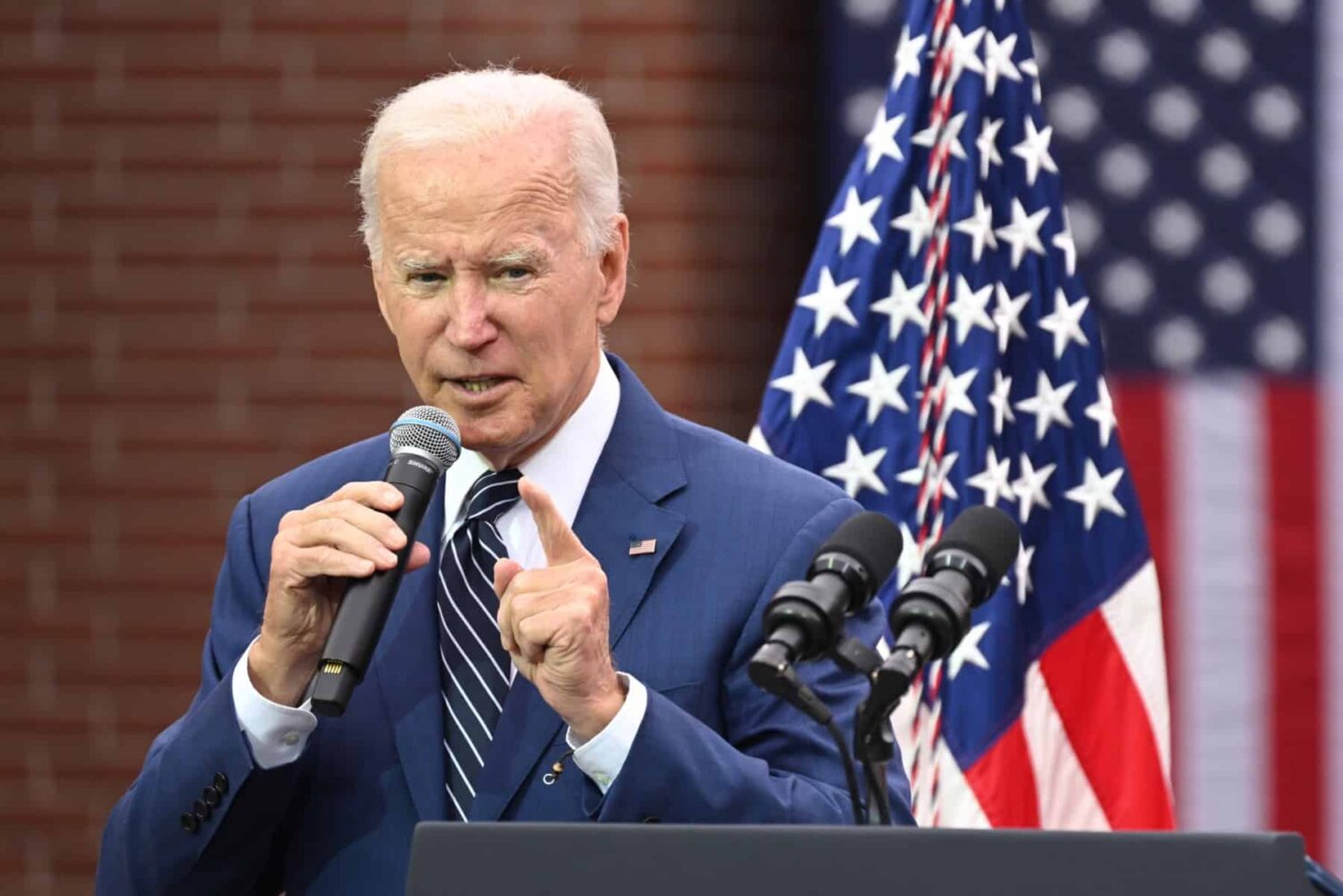Stormy US-Saudi relations have seen new strain over Riyadh’s recent support for oil production cuts, with Biden warning of unspecified “consequences.”
The move last week by OPEC+ — composed of the Riyadh-led OPEC cartel and an additional group of 10 exporters headed by Russia — would reduce global output by up to two million barrels per day from November.
It could send energy prices soaring amid an energy crisis triggered by the war in Ukraine, and as inflation-weary American voters prepare to cast ballots in midterm elections.
The move was widely seen as a diplomatic slap in the face, since Biden traveled to Saudi Arabia in July and met with the crown prince, despite vowing to make the kingdom an international “pariah” following the 2018 murder of journalist Jamal Khashoggi.
The Biden administration has voiced openness to retaliatory measures in Congress by enraged fellow Democrats.
But Sullivan said Sunday the president would not “act precipitously.”
“He’s going to act methodically, strategically and take his time to consult with members of both parties, and also to have an opportunity for Congress to return so he can sit with them in person and work through the options,” he told CNN.
The White House has charged that OPEC+ was “aligning with Russia” on the cuts, saying they would boost Moscow’s revenue and undermine sanctions imposed over its invasion of Ukraine.
Saudi officials have defended the move as motivated purely by economics, not politics.
The US-Saudi feud bled into talks by G20 finance ministers and central bankers in Washington, which closed on Thursday without a joint communique. The group was already divided over the conflict in Ukraine.
G20 heads of state and government are due to meet next month in Bali, Indonesia, in a summit that could see Biden share the same venue as Russian President Vladimir Putin and another rival, Chinese leader Xi Jinping.








